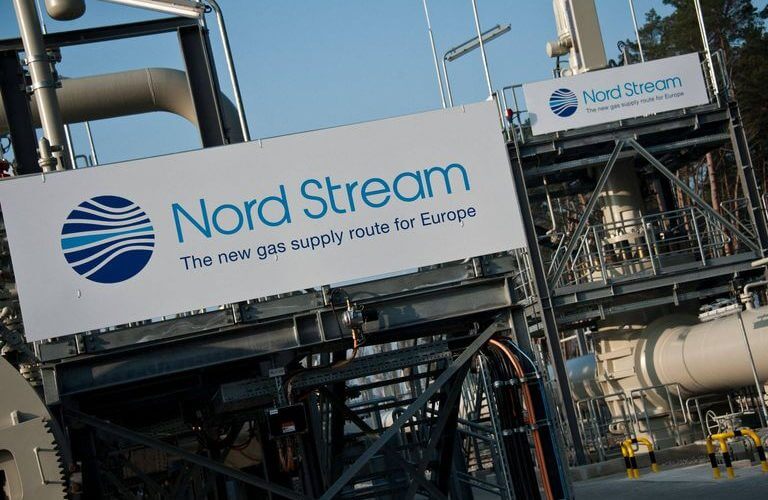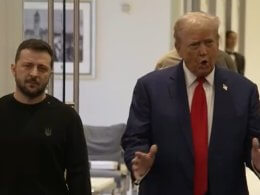When the Dutch TTF gas futures market (Europe's primary gas exchange) opened on Monday 5 September, the price of gas rose by around a third, driven by the decision of state-run Russian gas monopoly Gazprom to indefinitely halt deliveries through the Nord Stream 1 pipeline.
Gazprom had previously justified its decision with technical problems. The latest turnoff, it claims, is due to an oil leak in one of the pipeline’s compressor stations.
Gazprom regularly blames low gas volumes on technical issues but experts call into question these claims. European leaders view Russia’s shut-off of the Nord Stream pipeline as a deliberate attempt to put political pressure on EU Member States. German Energy Minister Robert Habeck has directly accused the Kremlin of using gas “as a weapon” against Europe.
According to an analyst at UK investment bank Liberum Capital, any halt in Russian gas supplies to Europe would push the German economy, as well as that of the Eurozone, into an immediate recession. When European stock markets open on Monday, investors are expecting steep losses as companies agonise over energy disruption.









